Johannesburg, June 15, 2024 — Cyril Ramaphosa has secured a second consecutive term as President of South Africa, though this time his leadership is backed by a coalition government. Ramaphosa's government of 'national unity' is formed through an alliance of the country's traditional African National Congress (ANC), the centre-right Democratic Alliance (DA), and several smaller parties.
The necessity for a coalition arose after Nelson Mandela's ANC lost its parliamentary majority in the recent elections. The electoral outcome marked the first time in three decades that the ANC did not secure a single-party majority, creating a political deadlock that has now been resolved.
On Friday, June 14, South African lawmakers participated in a parliamentary vote to elect the nation's president, the first such event in three decades. Ramaphosa was elected president by a vote of 283 legislators, affirming his leadership for another term.
The ANC's loss of a single majority last month was unprecedented and highlighted the shifting political landscape in South Africa. This change necessitated the formation of a coalition to ensure governance stability, culminating in Ramaphosa's re-election and the establishment of a government designed to bridge political divides.
The coalition government aims to address pressing national issues through a unified approach, leveraging the diverse perspectives and strengths of its constituent parties. As South Africa moves forward, the emphasis will be on collaborative governance and addressing the challenges facing the nation with a concerted effort.



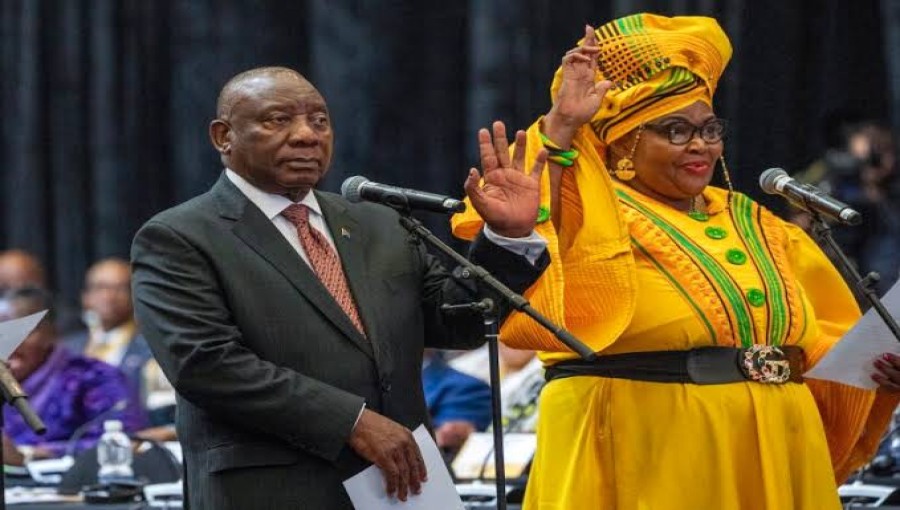
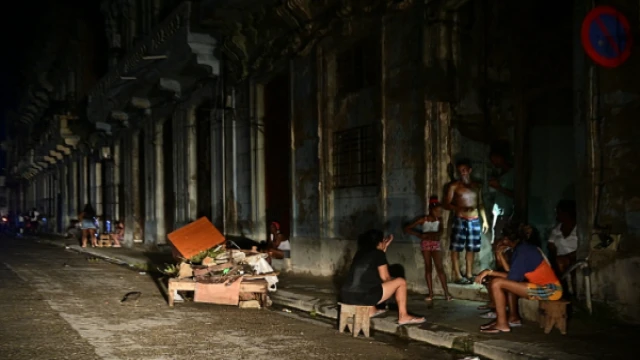
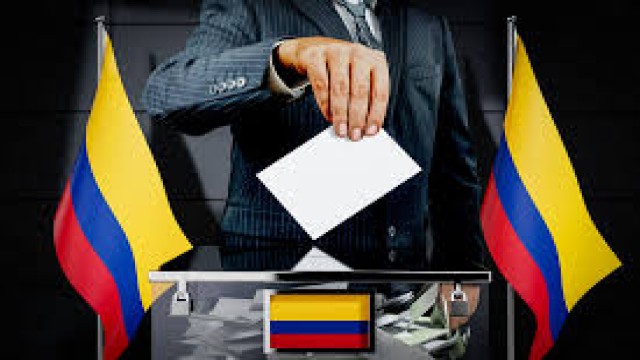
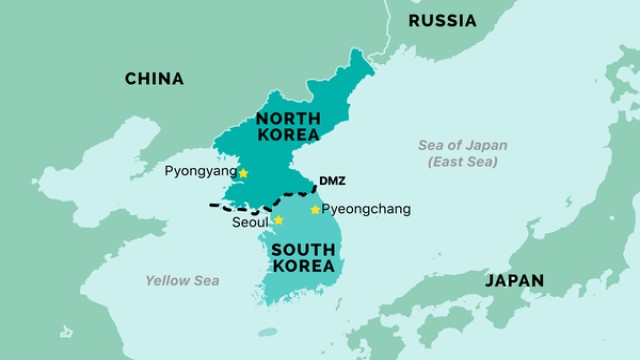
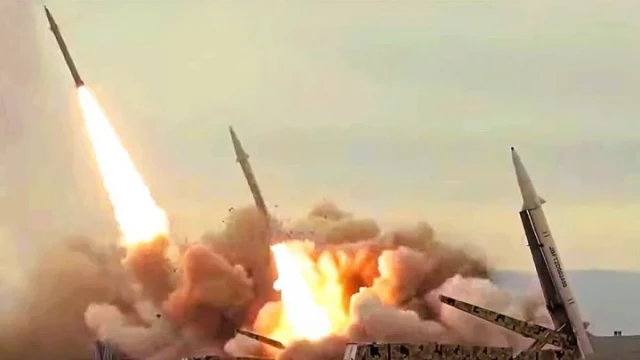
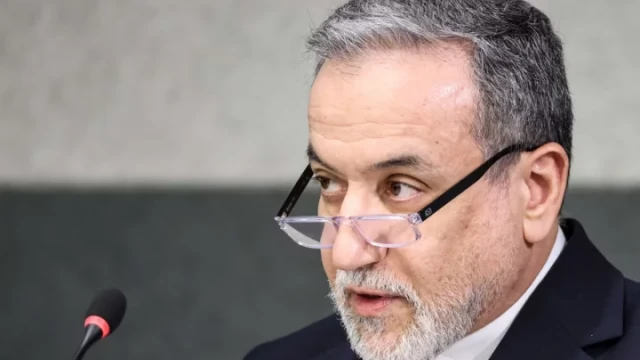
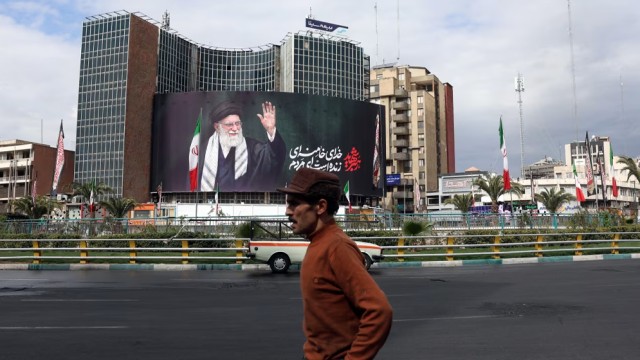


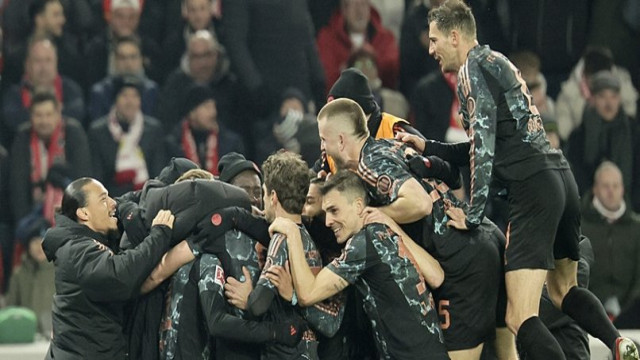

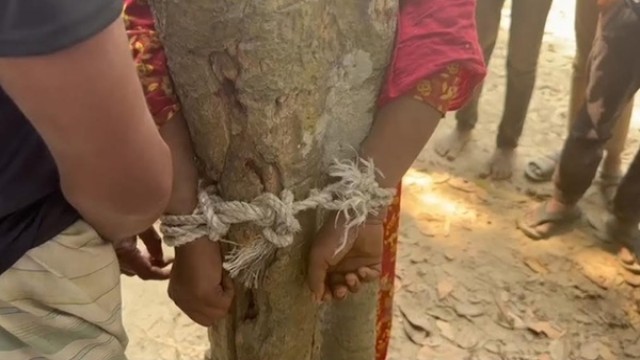
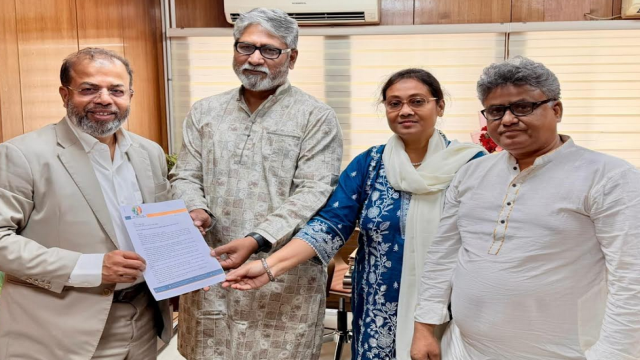
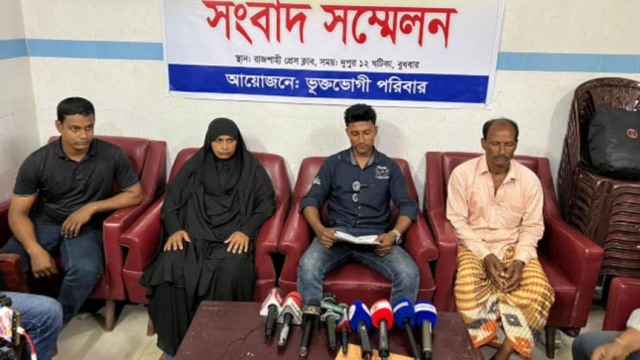











Comment: